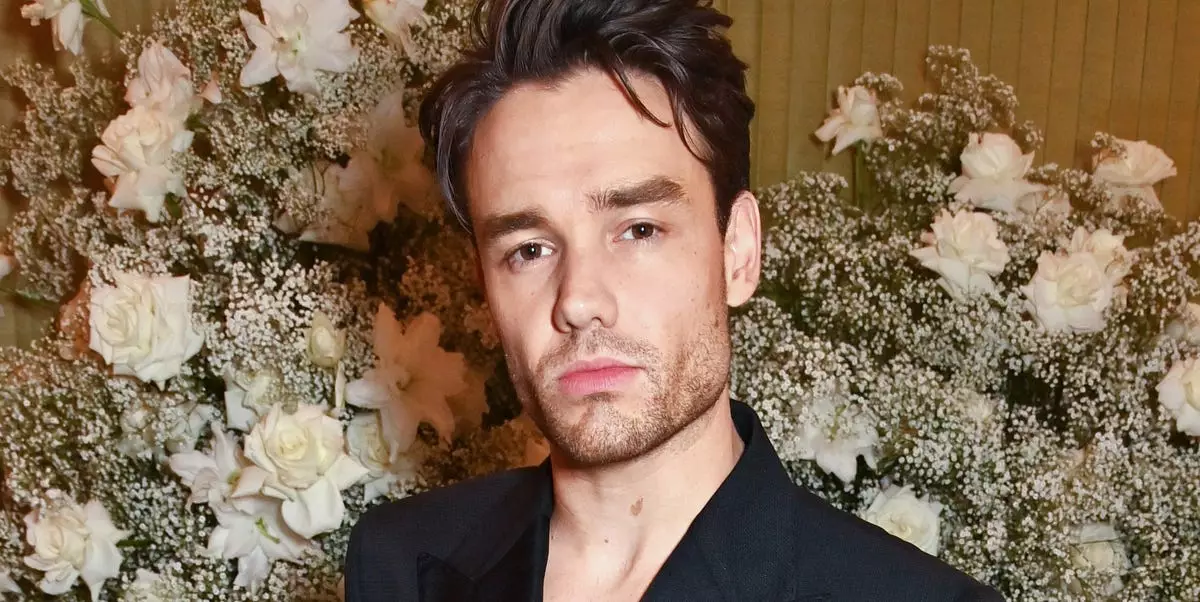The unexpected news of Liam Payne’s death at the tender age of 31 has sent shockwaves throughout the entertainment industry and his fanbase. Having reportedly fallen from the third floor of the CasaSur Palermo Hotel in Buenos Aires, Argentina, where he was staying to attend a concert by his bandmate Niall Horan, the circumstances leading to this tragedy raise many questions. While the details about the incidents preceding his fall are still under police investigation, the way in which we perceive celebrity lives often complicates our understanding of their struggles.
Liam’s journey through the challenges of fame was not uncommon in the realm of high-profile celebrities. In July, he revealed to his fans that he had completed a sobriety treatment program. In a heartfelt video, he admitted to feeling lost and disconnected, which resonates with many who face similar battles out of the limelight. Such transparency highlights the psychological toll that fame can exact. Liam candidly shared that he entered rehab for 100 days, during which he distanced himself from the chaotic world outside and took the necessary time to focus on his mental health. This acknowledgment not only illustrates the difficulties he faced but also serves as a reminder that vulnerability is often masked behind the glitz and glamour of celebrity culture.
The constant scrutiny and pressures of public life can distort how individuals see themselves. Liam’s experience of becoming “somebody who I didn’t recognize” echoes a similar sentiment among many in the spotlight. The dichotomy between the public persona and private struggles is stark, often leading to catastrophic outcomes, as seen in Liam’s unfortunate passing. While many may view musicians like him as simply figures of entertainment, it is crucial to recognize the human beneath the fame, someone subject to emotional upheavals and personal battles.
The tragic end to Liam Payne’s life not only elicits feelings of grief and loss but also raises critical awareness around mental health issues, particularly in the entertainment industry. This incident serves as a potent reminder of the importance of seeking help and the need for community support, especially for those who face overwhelming pressures. As fans and admirers mourn the loss of a talent that brought them joy, it is essential to focus on the underlying issues that can lead to such tragedies.
In remembering Liam Payne, we must not only celebrate his contributions to music but also reflect on the need for greater empathy and understanding towards those battling their demons, hidden beneath the surface. His story is a call to action, urging us all to be advocates for mental wellness and to recognize that everyone has their struggles, regardless of their public image.

